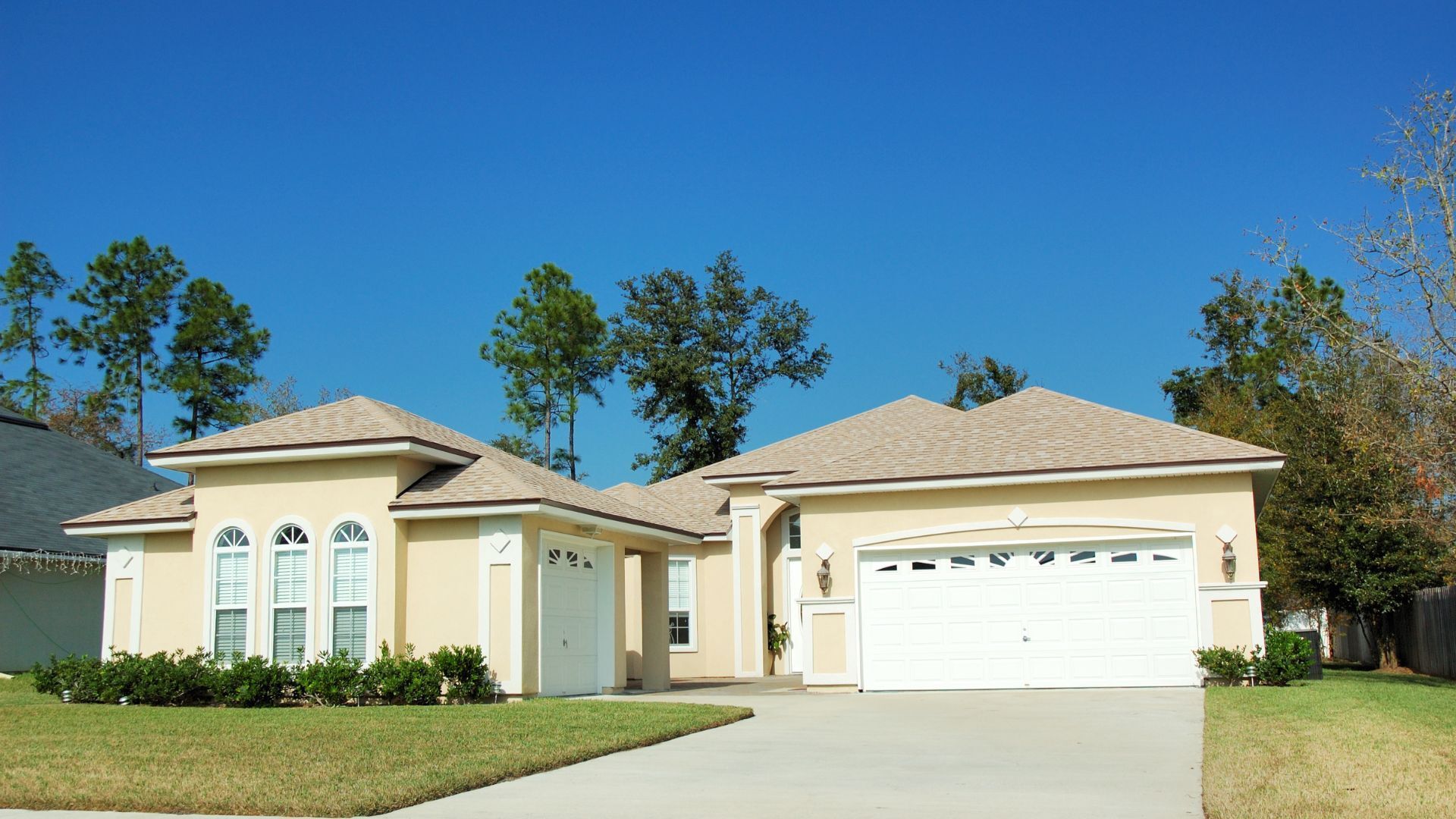Call (727) 784-5555
Grow with capital, inventory, and what you need.
- You need money to grow your business. Whether you need inventory, supplies, materials, facilities, equipment, or more resources - there are options available to you.
- You need a lender that understands how business works. The loan officer should be able to assist in setting up the right loan structure and program to meet your needs.
- You need a lender that can understand you and your plan for growing the business. We will help guide you through your options and make sure everything is going smoothly on your end so nothing falls through the cracks when it comes time for funding.
We have experience getting small business loans in Largo & Pinellas County.
No matter where you are in the process of opening or expanding a business, we have experienced advisors who can help. We have developed a network of banks and other lenders that offer affordable loans to small businesses. Our lending department staffs experts who will personally help you find the loan type that meets your needs and get it approved quickly. If needed, we can provide free expert advice on preparing your application for approval.
We have a track record of success, having helped thousands of people secure capital from this pool of lenders. Most importantly: our experts will help you get the loan that best fits your need for capital at the most affordable rate possible and with the least amount of hassle. With our involvement in your application, it is much more likely to be approved than if you try to navigate this process alone
Just closed on two commercial loans for 1.3 million and 1.9 million.
If you need to grow your business with capital, inventory, new building, or more then we can help you get the capital you need. We are one of the most experienced SBA lenders in Pinellas County, Tampa, and Florida. We understand how local businesses work. Our staff has a great track record of getting our customers loans.
SBA loans are a popular option because they are backed by federal programs.
SBA loans are small business loans that are backed by federal programs through the Small Business Administration. These government-backed loans can be a popular option for small businesses because they are typically backed by federal programs and offer low-interest rates and longer repayment terms than traditional bank loans. SBA (Small Business Administration) loans are offered by various lenders and the SBA guarantees a certain percentage of your loan when it is approved, which helps significantly reduce your risk as a borrower.
If you need funding or inventory, check out different forms of lending that are suited to your needs and situation.
SBA Standard 7(a) Loan
The 7(a) loan is the most common SBA loan and is the best option when used to purchase commercial real estate. The loan includes financial help for small businesses with special requirements.
Commercial Bridge Loans
Commercial Bridge Loans allow borrowers interim financing during a non-residential property stabilization, which generally requires improvements of the property condition or rental occupancy rate, until permanent take-out financing is achievable.
Asset-Based Loans
Asset-based loans provide borrowers an opportunity to leverage the value of the property as well as other hard assets to secure a loan. There are two property types to consider when applying for an asset-based loan, residential and commercial.
Learn More
SBA 504 Loan Programs
The 504 loan is a common SBA loan and is your best option for fixed-rate and long-term financing for fixed assets such as buildings, facilities, and land.
Conventional Loan Programs
Conventional commercial loans tend to be the most straight forward type of commercial loan. They are what you would expect-a commercial mortgage backed by commercial property. The lender is typically a bank, credit union, or other type of investment institution.
Start Your Loan
with DDA todayYour local Mortgage Broker
Mortgage Broker Largo See our Reviews
Looking for more details? Listen to our extended podcast!
Check out our other helpful videos to learn more about credit and residential mortgages.





